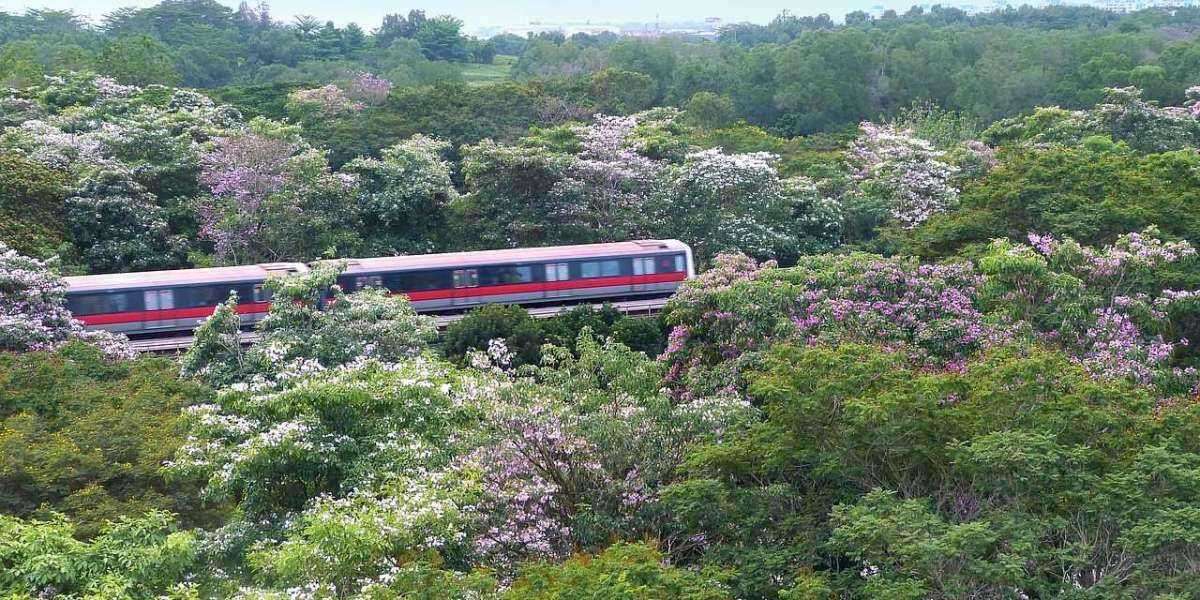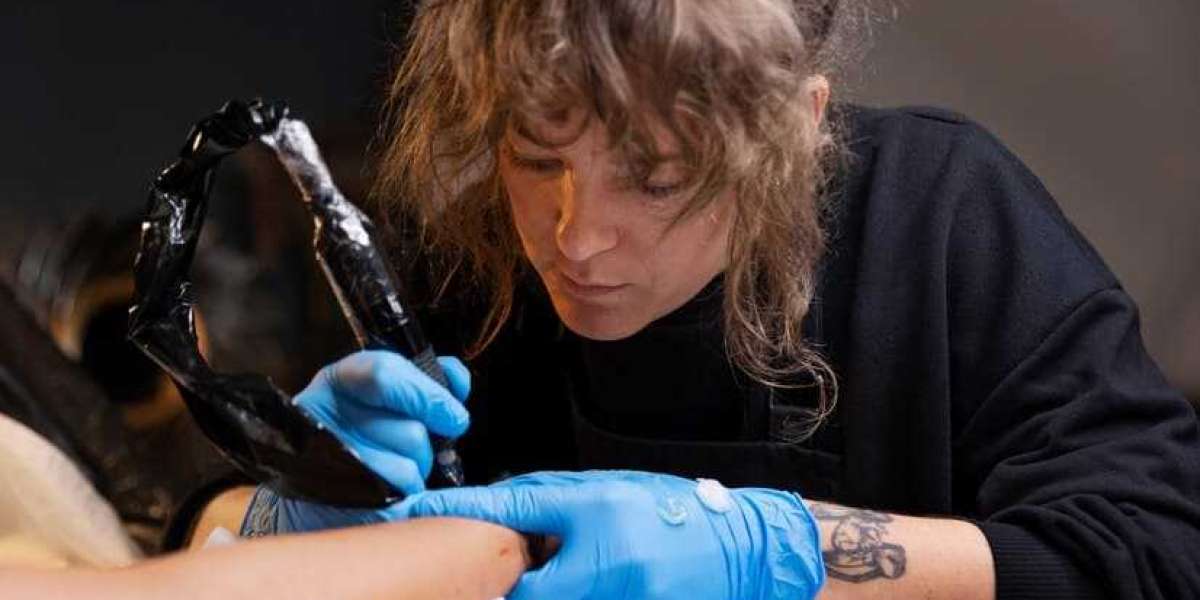To prepare for a future rail workforce, it’s important for rail operators and stakeholders to foster greater collaboration in industry research and development, as well as educational and training programmes. Keeping that in mind, public transport operator SMRT Corporation has tied up with the five polytechnics in Singapore to strengthen the pipeline of home-grown engineers, programmers, and other specialists in the rail industry.
Recently, the rail operator signed a memorandum of understanding with five polytechnics including Nanyang, Ngee Ann, Republic, Singapore, and Temasek polytechnics to create a steady pipeline of talents needed to transform and run the company's businesses, operations, and services.
What are SMRT and Polytechnics Planning to Do?
SMRT partnered with these polytechnics to expose students to practical challenges, as well as equip them with the most up-to-date skillsets.
New rail talents require skills such as the ability to use contemporary communication technology, artificial intelligence, and robotics that are being used today in mass rapid transit (MRT) and other public transportation.
The MRT network is expected to grow from 250km today to 360km by the early 2030s. SMRT previously said the Thomson-East Coast line is expected to create 1,500 jobs by the time it is fully operational around 2025. Singapore’s sixth MRT line - Thomson-East Coast Line is being built in five phases, with the third phase of 11 stations expected to open by the end of 2022.
SMRT needs more engineers and technicians to meet the growing demands. This partnership with polytechnics will help college graduates to meet industry needs and keep abreast of evolving industry practices.
SMRT also aims to quadruple the number of interns and hopes to be able to offer full-time jobs to 40% of its technical college interns.
The signing ceremony was witnessed by SMRT CEO, Mr. Ngien Hoon Ping; Ms. Jeanne Liew, Principal Chief Executive Officer (PCEO), Nanyang Polytechnic; Mr. Lim Kok Kiang, PCEO, Ngee Ann Polytechnic; Mr. Yeo Li Pheow, PCEO, Republic Polytechnic; Mr. Soh Wai Wah, PCEO, Singapore Polytechnic; and Mr. Peter Lam, PCEO, Temasek Polytechnic as well as Minister for Education, Mr. Chan Chun Sing, the event’s Guest-of-Honour, and Mr. Seah Moon Ming, SMRT Chairman.
Commenting on the partnership, Mr. Ngien Hoon Ping said: “The cross-attachment of polytechnic teaching staff to SMRT to acquire first-hand industry experiences, and SMRT staff to the polytechnics to share industry knowledge, will allow for the development of curriculum and teachings that are relevant to the land transport industry needs.”
Conclusion
Public transport is a very big part of Singaporean life, so what stakeholders do will impact millions of commuters. As SMRT and polytechnic staff have started working together, it will benefit the land transport ecosystem by creating engineers with deep industry knowledge and expertise.







